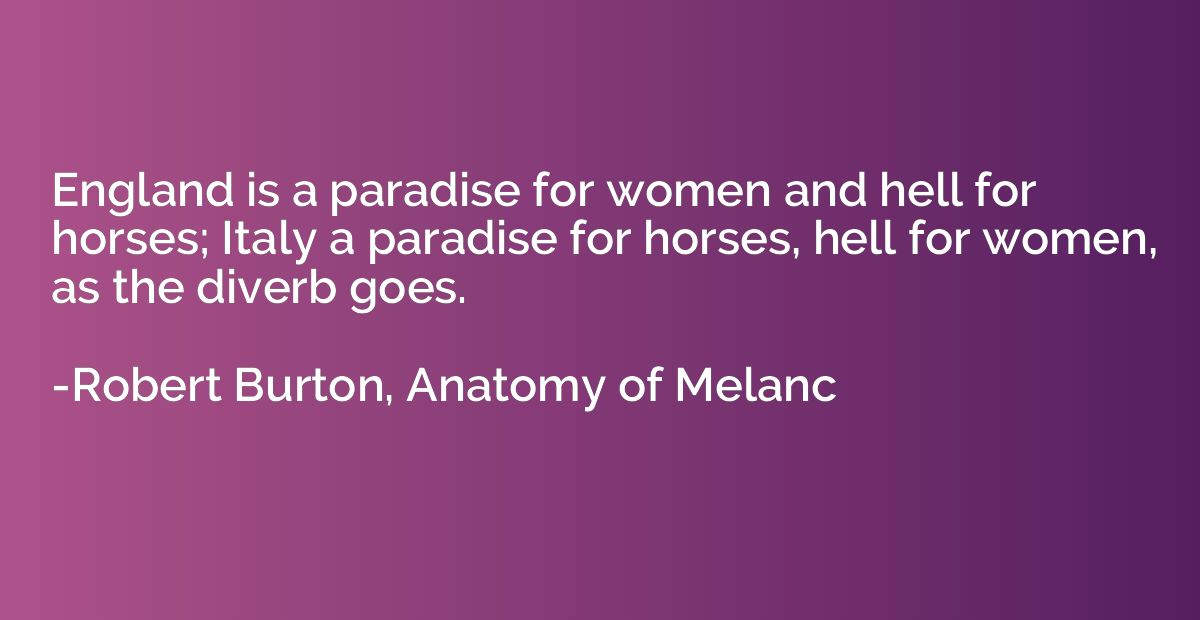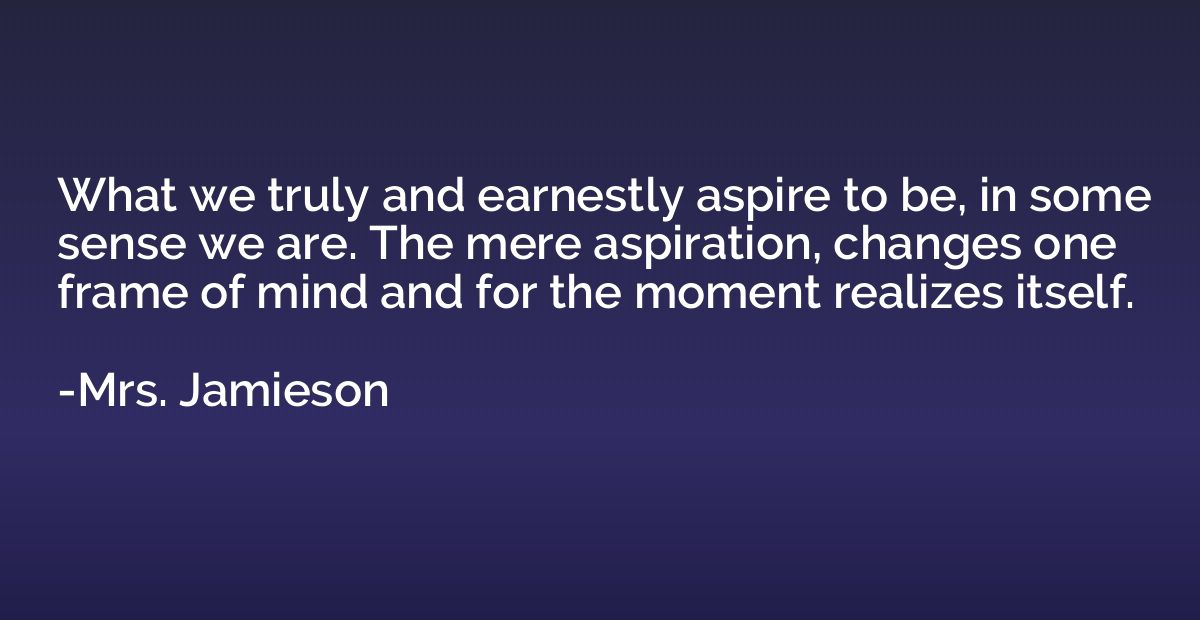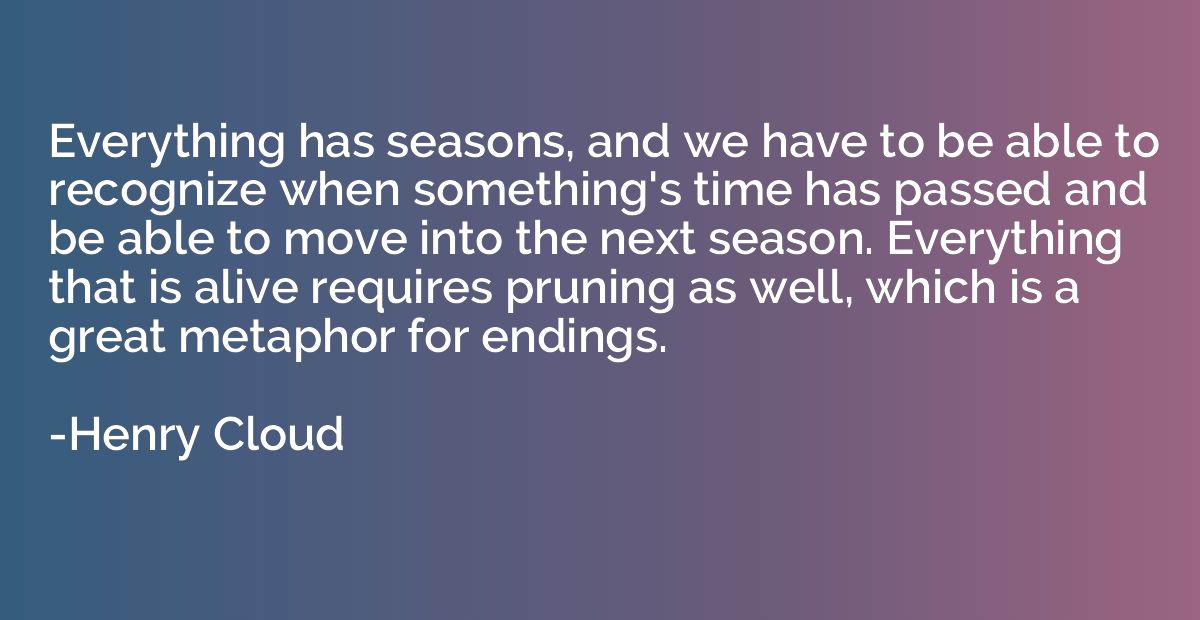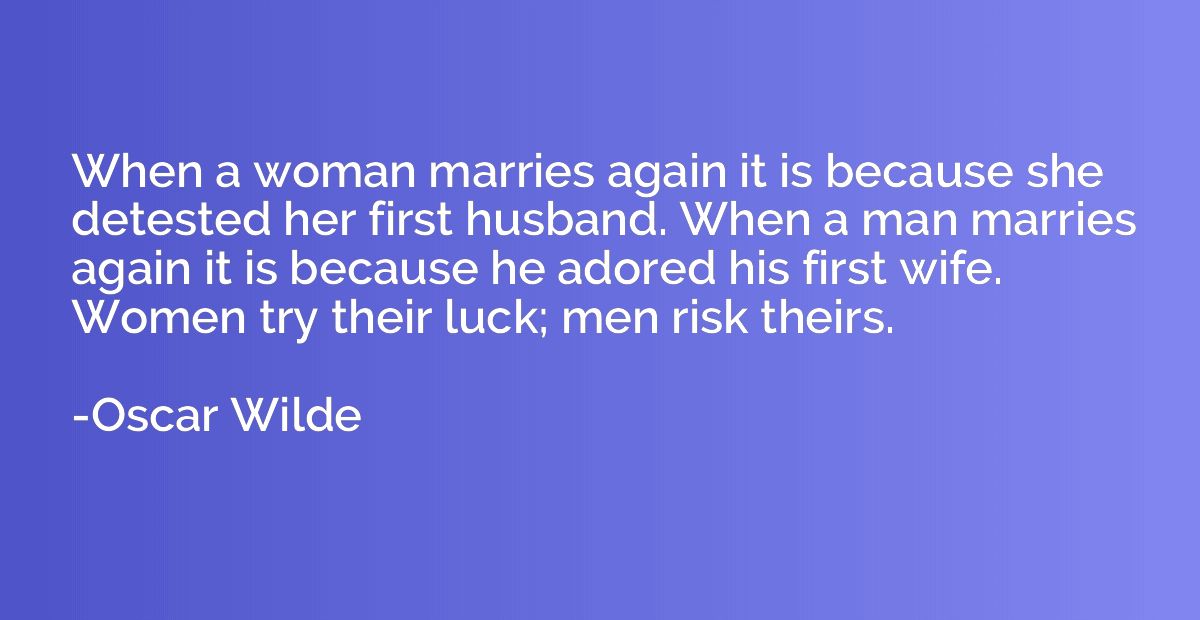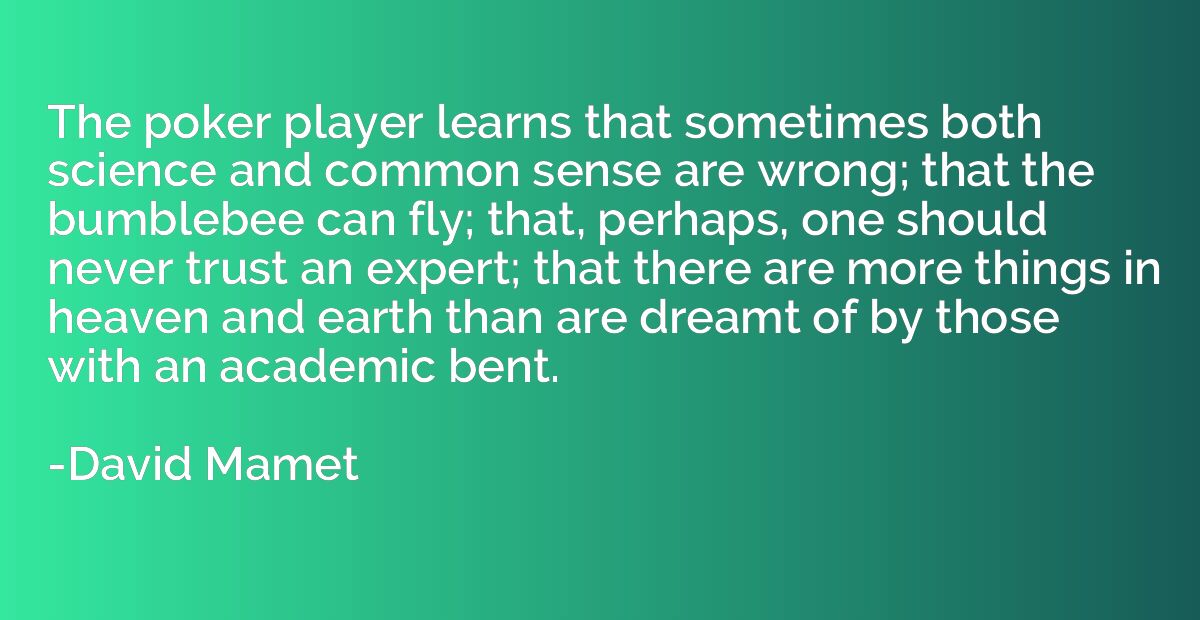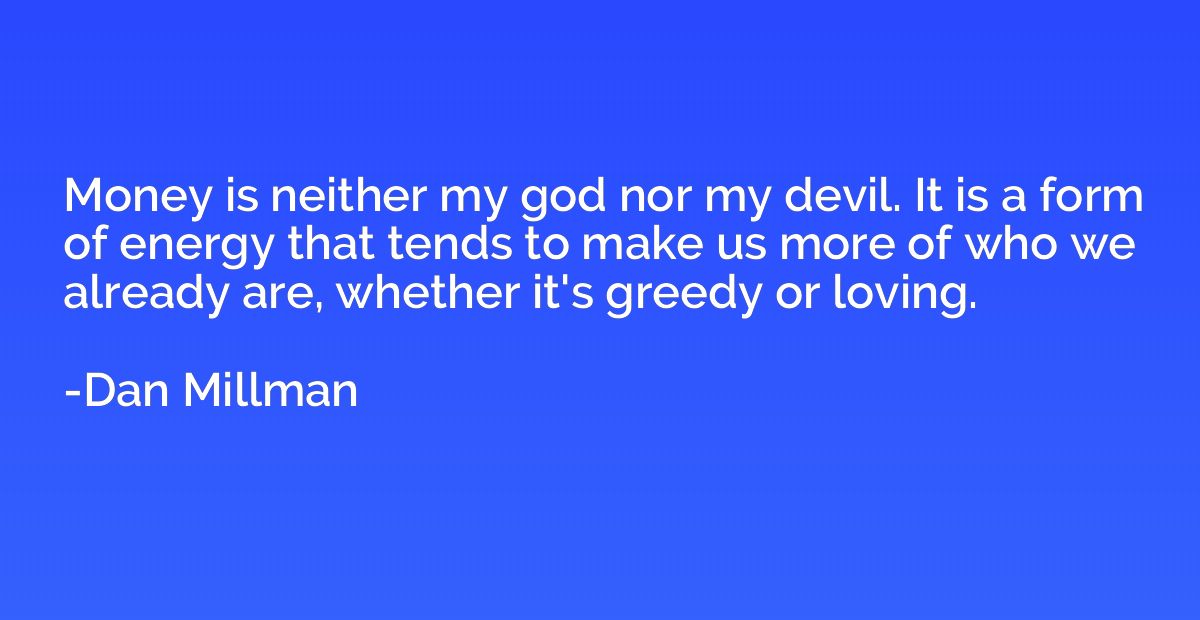Quote by Henry Van Dyke
Half of the secular unrest and dismal, profane sadness of modern society comes from the vain ideas that every man is bound to be a critic for life.
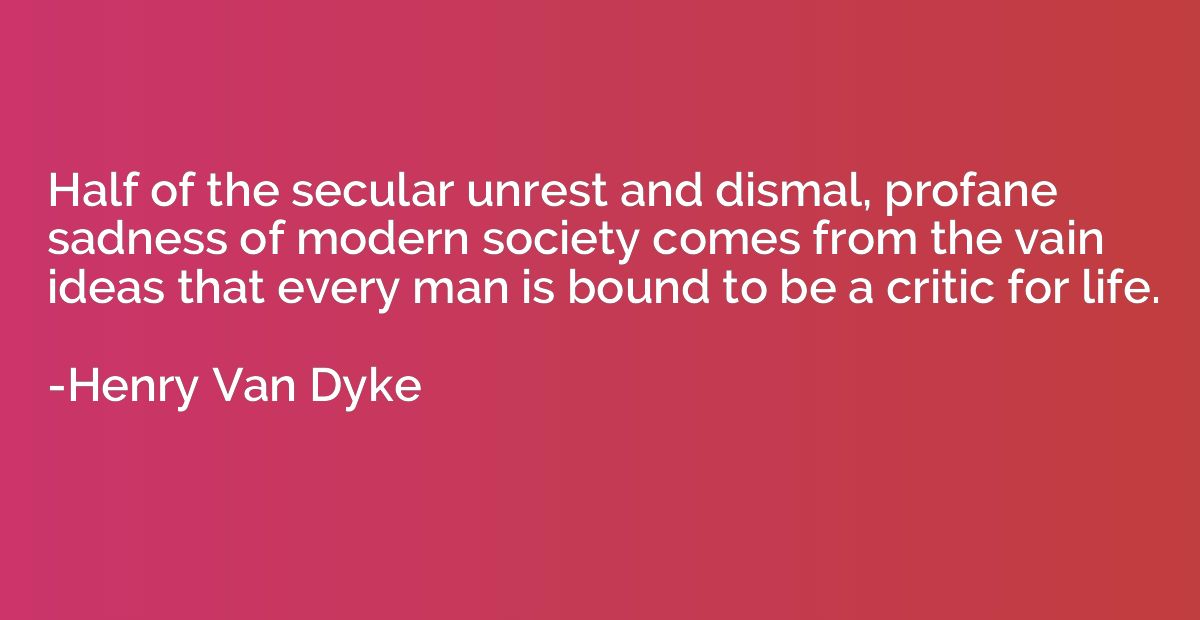
Summary
This quote suggests that a significant portion of the dissatisfaction and unhappiness prevalent in modern society is a result of the misguided belief that every individual has the obligation to constantly criticize everything. By implying that people are driven by vain notions of being perpetual critics, the quote highlights how this mindset contributes to the overall secular unrest and a pervasive sense of profanity and sadness in the contemporary world. It criticizes the obsession with fault-finding and suggests that this mindset hinders individuals from finding contentment and peace in their lives.





